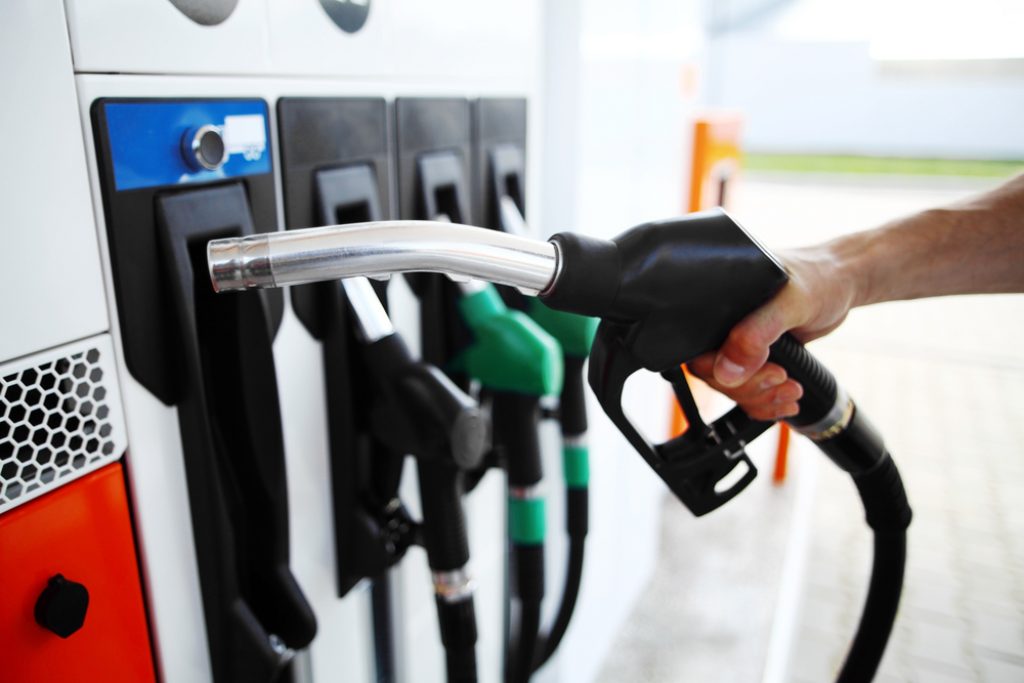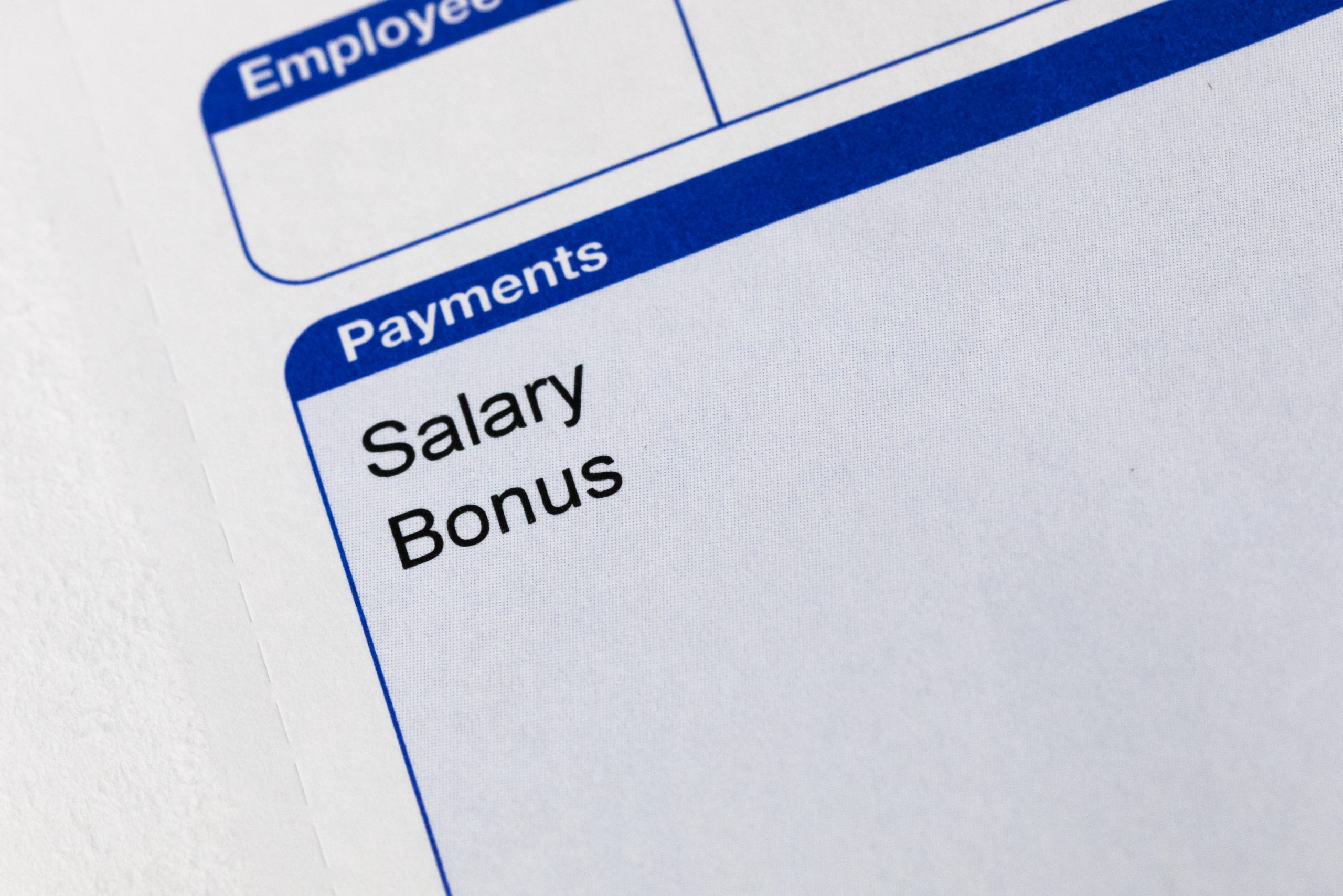The average price of unleaded petrol in the UK has hit 150p per litre, motor service data finds.
After months of escalating prices, the cost of petrol has hit its highest level for five months, costing an average of 170.8ppl (pence per litre) at motorway services.
Diesel stands at 158.26ppl on average and is set to brush close to 160ppl while ongoing geopolitical issues continue to pump up the cost of oil.
The average cost at the forecourts of UK supermarkets is a fraction below the national average, priced at 147.3ppl.
Asda is the most expensive retailer against Morrisons, Sainsbury’s and Tesco. The latter is the cheapest of the four options, where drivers can expect to pay around 146.4ppl, according to RAC’s Fuel Watch.
The priciest brands away from the supermarkets were Shell and BP, which charged an average of 162.4ppl and 159.3ppl respectively.
Since the start of the year, petrol prices have accelerated by 8p, due to the conflict in the Middle East contributing to oil costing around $90 per barrel.
Already, the price to fill up a family car costs over £4 more than it did at this stage of the year in 2023.
Drivers are ‘really feeling the pain’
Simon Williams, RAC fuel spokesperson, said that drivers are “really starting to feel pain at the pumps”.
Williams notes that, in the space of less than a month, there has been a 3p surge in petrol prices since the start of the month and 9p since the start of the year – adding £1.65 and £5 to the cost of filling a typical family car.
Williams said: “There are two reasons for this – the rise in the cost of oil and a weakening pound, which makes it more expensive when retailers come to buy new fuel supply.
“The big question is what happens now. While the Middle East tensions saw oil hit the $90 a barrel mark, prices have since eased a little, which is starting to translate into lower wholesale prices for UK retailers.”
However, despite the ongoing price hikes, which have led to the Competition and Markets Authority (CMA) monitoring the high margins introduced by retailers, there is optimism for motorists.
Williams added: “In theory at least, this should mean prices at the pumps don’t rise much further, if at all – but so much depends on the margin these same retailers decide to take.
“Right now, it’s drivers of diesel vehicles who have the right to feel aggrieved, as the average margin on a litre of diesel is 14p, which is well up on the long-term average of 8p. Higher margins always mean higher prices for drivers.”





